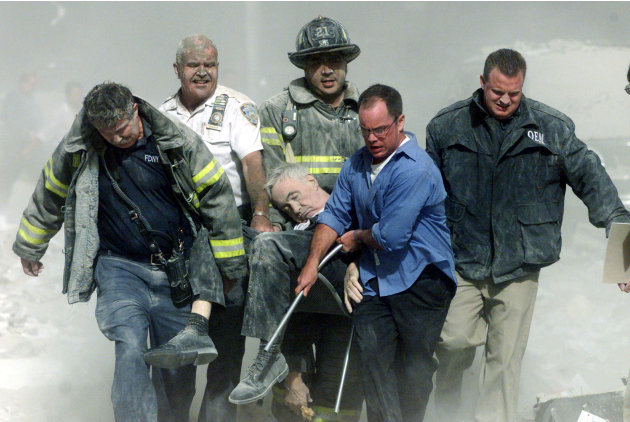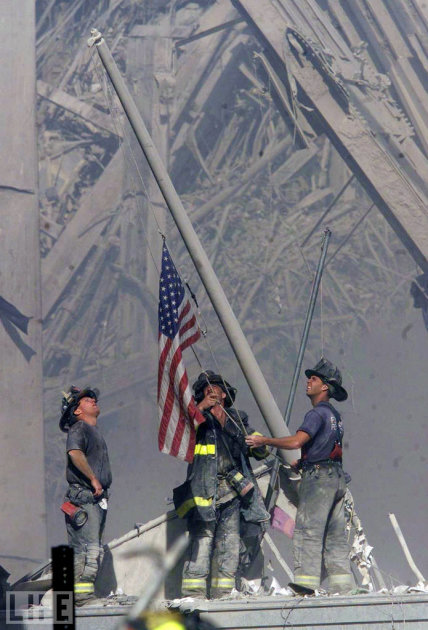Sedition: incitement of discontent or rebellion against a government
In 1798, there were two acts that passed, one of them the Sedition Act. This act was made so that no person could write, publish, print, or speak falsley against the United States government. Other restrictions this act goes over is conspiring, attempting to intimidate or prevent someone from holding office or executing their duty. If any otf these are things done, the person or persons could be imprisoned for 6 months to 5 years.
To me, this act is somewhat unconstitutional. Don't we have a whole document called the Bill of Rights that states we have freedom of speech and press? On top of that, rebellion doesn't always mean violent or uncontrollable. It can mean going against the grain. I understand that falsley accusing the government is not the greatest thing in the world, however, it is still violating our rights as American citizens. I'm not sure how I feel about the Sedition Act. It's on a line of almost unconstitutional, but I can still see why it should be enacted or enforced.
Alien: a resident born in or belonging to another country who has not acquired citizenship by naturalization ( distinguished from citizen).
The second act that was passed in 1798 was the Alien Act. It stated that if there is ever a war or invasion involving a foreign nation between it and the United States, any native, citizen or subject of that foreign nation, that is male and 14+ years of age, that aren't naturlized and are living in the U.S., will "be restrained, secured, and removed".
This relates to what George Washington wrote in his Farewell Address, where he writes, "The great rule of conduct for us in regard to foreign nation is, in extending our commericial relations to have with them as little political connection as possible...Here let us stop". Washington wanted us to be respectful of other countires, and not interact politically and through the Alien Act we were able to do so, because it was not happening in their country, but our own.
While this does go along with what Washington's speech says, I think that it is a little against what our country stands for. The idea of equality and not discriminating is a big part of our pride, however, through the Alien Act I feel like we are violating that by deporting foreign natives because we are scared they'll hurt us, too. It's almost as though we are generalizing or stereotyping; if one British person lives in the United States that means they're our enemy because they used to want to control us, so therefore we should remove them and send them back to Great Britain. It's a little dramatic and shows that we are scared and use that to fuel our security rather than just being strong and fearless.







